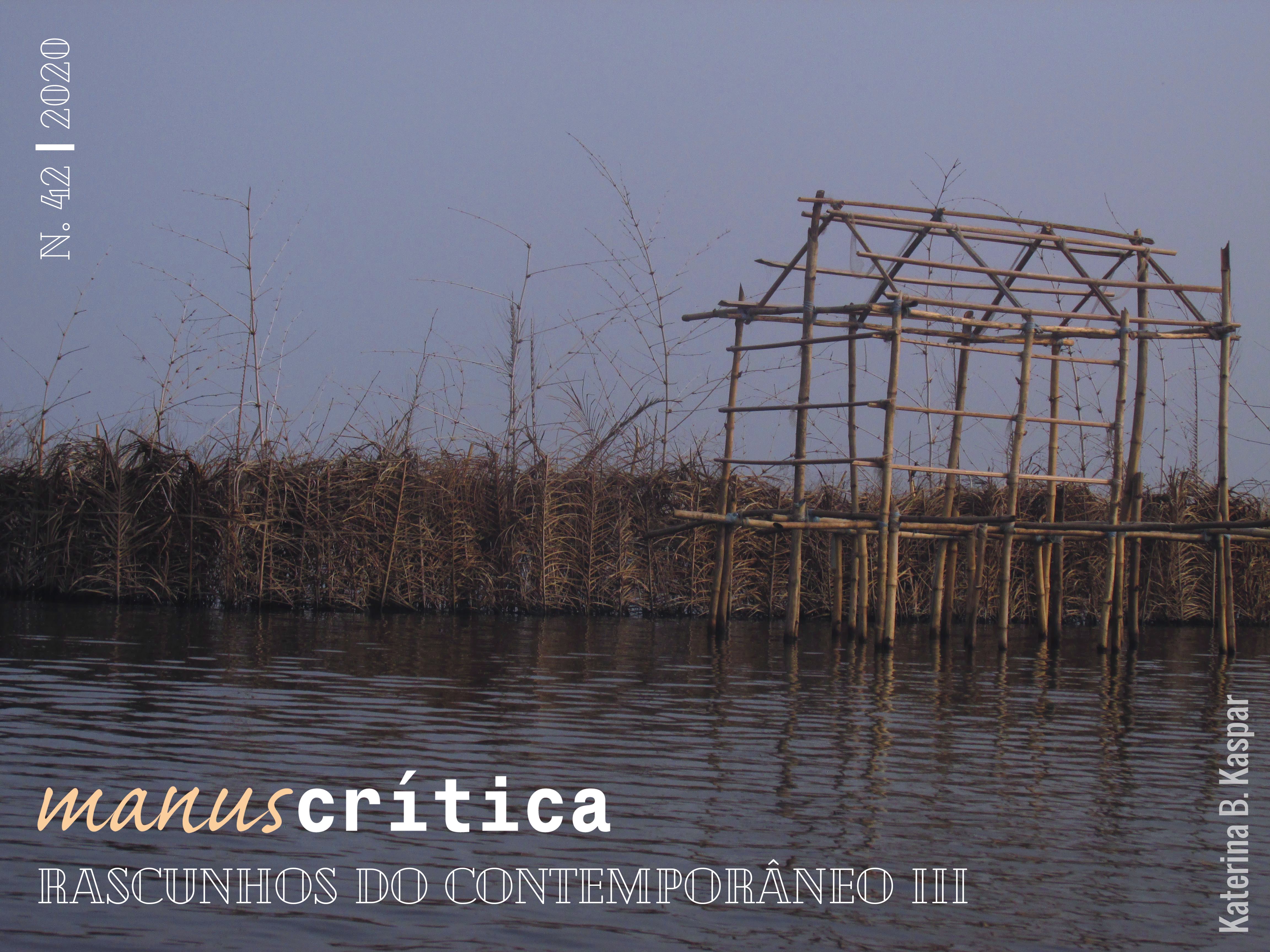In between rewritting and expansion of the text: from genesis to post-editorial creation of Gilles Deleuze’s Proust et les signes
DOI:
https://doi.org/10.11606/issn.2596-2477.i42p194-208Keywords:
Gilles Deleuze, Post-Editorial Genesis, Editorial Rewriting, Genetic CriticismAbstract
The following article aims to present aspects of the editorial rewriting process and the possibilities to approach the elements in the work Proust and the signs by Gilles Deleuze. This book has new editions at three different times (1964, 1970, 1976) on which three preliminary articles were also published, respectively (1963, 1970, 1973), showing traces of a creation from which no preparatory documents remained, but which develops, in addition to the versions mentioned, in writings that precede them - as is the case of “Dires et profils” texts published in 1946 in the magazine Poésie. Thus, we seek to explore such documents through two perspectives. The first is an approach centered on the conditions of enunciability and writing practices, combined with the construction of an avant-texte through publications in which Deleuze begins to develop with his reading a reflection on Marcel Proust's novel, In search of lost time, which soon announces elements that will be partly taken up in the 1964 essay. While the second approach, more focused on the scriptural movements that emerge from the comparison between the different versions of Proust and the signs through the version comparison software of the Institut des Textes et Manuscrits, Machine pour l’étude diachronique et interprétative du travail de l’écrivain (MEDITE). Thus, by elaborating hypotheses regarding the changes found, we seek to examine the productivity of the text processing and comparison software as a tool in the study of the post-editorial phases of creation, adopting the preliminary article “L'unité de A la recherche du temps perdu” from 1963 and the first edition, Marcel Proust et les signes, from 1964.
Downloads
References
ANTUNES, T. L. “Os signos em preparação: o devir conceito”, Manuscrítica, nº 39, 2019, p. 5-20.
BIASI, P.-M. La génétique des texte. Paris: Nathan, 2000.
DELEUZE, G. Cartas e outros textos. São Paulo: N-1 Edições, 2018.
DELEUZE, G. Deux regimes de fous: textes et entretient 1975-1995. Paris: Éditions de Minuit, 2003.
DELEUZE, G. “L’unité de A la recherche du temps perdu”, in: Revue de métaphysique et de morale, nº 4, 1963, p. 427.
DELEUZE, G. Marcel Proust et les signes. Paris: Presse Universitaire de France, 1964.
DELEUZE, G. ; GUATTARI, F. O anti-Édipo. São Paulo: Editora 34, 2010.
DELEUZE, G. Proust e os signos. Rio de Janeiro: Forense Universitária, 2003.
DELEUZE, G. Proust et les signes. Paris: Presses Universitaire de France, 1970.
DELEUZE, G. Proust et les signes. Paris: Presses Universitaire de France, 1976.
MAHRER, R. “Anecdotique”, in: Genesis, nº 44, 2017, p. 7-15.
MAHRER, R. “La plume après le plomb: Poétique de la réécriture des œuvres déjà publiées”, in: Genesis, nº 44, 2017, p. 17-39.
MALUFE, A. C. “Aquém ou além das metáforas: a escrita poética na filosofia de Gilles”, in: Rev. Let., São Paulo, volume 25, p. 185-204, 2012.
MARANTES, B. O. “Proust e Deleuze: mutualismos e criações”, in: Revista Limiar, volume 5, nº 9, 2018.
PINO, C. A. “Crítica genética: o que interpretar?”, in: Revista do Programa de Pós-Graduação da Universidade de Passo Fundo, volume 10, nº 2, 2014, p. 259-273.
PINO, C. A.; ZULAR, R. Escrever sobre escrever: Uma introdução crítica à crítica genética. São Paulo: WMF Martins Fontes, 2007.
PROUST, M. A la recherche du temps perdu (tomes I, II, III). Paris: Gallimard, 1954.
SAUVAGNARGUES, A. Deleuze et l’art. Paris: Presses Universitaire de France, 2006.
WALLACE, D. F. Infinite Jest. Nova Iorque: Little, Brown and Company, 1996.
WILLEMART, P. A escritura na era da indeterminação. São Paulo: Perspectiva, 2019.
WISER, A. “L’espace du style: sur les trois versions d’ Éperons (1973, 1976, 1978) de Jacques Derrida”, Genesis, nº 44, 2017, p. 144-156.
Downloads
Published
Issue
Section
License
Copyright (c) 2020 Thiago Leão Antunes

This work is licensed under a Creative Commons Attribution 4.0 International License.













